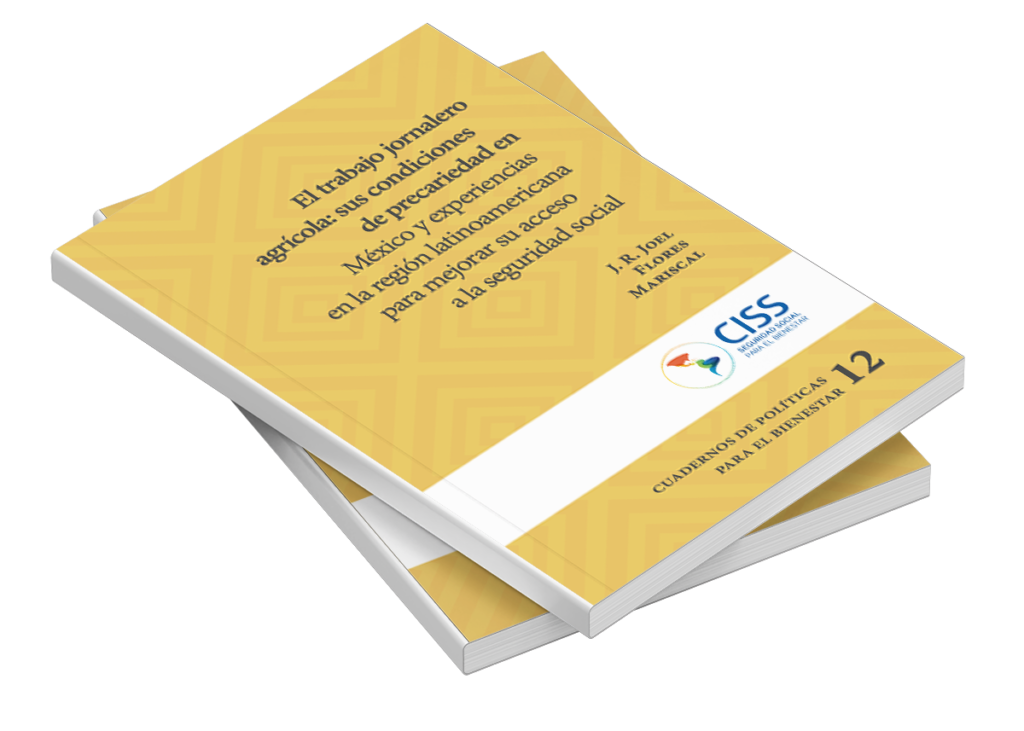Observatory on the Universalization of Social Security:
LGBTIQ+ population
Around the world, people with non-normative sexual orientation, gender identity and expression (SOGIE) face multiple discriminations and violence that limit the free exercise of their human rights. Although these phenomena can occur through explicit provisions, most of the time it takes place through procedures and practices that make these populations invisible and, therefore, exclude them.
Historically, social security systems have contributed to the normalization of exclusion, as they were founded to protect people through a heterosexual and biparental family model, where men were expected to play the role of providers through their participation in the labor market, while women were responsible for unpaid household and caregiving work. For example, due to the lack of legal recognition of same sex/gender couples, access to survivor benefits was denied to the widowed spouse.
Given the limited availability of studies analyzing these issues in the Americas, this section of the Observatory will focus on identifying regulatory provisions and administrative practices that limit access to social security for people with non-normative sexual orientations or gender identities. This site is currently under construction and will soon feature materials of interest in the field, such as publications and links to audiovisual content.
En esta sección del Observatorio se acompaña material que analiza los desafíos que enfrentan las personas jornaleras para acceder a la seguridad social. En ellos, se busca identificar y promover los modelos más pertinentes para la regulación de estas actividades, de tal manera que se contribuya a la formulación de alternativas regulatorias y de política pública para promover y garantizar los derechos laborales y humanos de las personas ocupadas en el sector.
Publicaciones

El trabajo jornalero agrícola: sus condiciones de precariedad en México y experiencias en la región latinoamericana para mejorar su acceso a la seguridad social
Autor: Joel Flores
Descripción: La presente investigación examina los problemas para acceder a la seguridad social que enfrentan las personas trabajadoras jornaleras agrícolas, uno de los sectores más desprotegidos y precarizados de la sociedad mexicana.
Videos
🏳️🌈LGBTTTIQA+SOCIAL SECURITY
🏳️🌈LGBTTTIQA+SOCIAL SECURITY -
Trans voices: Access to social security for trans people
🏳️🌈LGBTTTIQA+SEGURIDAD SOCIAL -
Personas intersexuales en el marco de la seguridad social
🏳️🌈LGBTTTIQA+SEGURIDAD SOCIAL -
Colores incluyentes: Perspectivas LGBTTTIQA+
🏳️🌈LGBTTTIQA+SEGURIDAD SOCIAL -
Inclusión laboral: perspectivas y buenas prácticas
In this site, you will find data, research, and events conducted by the ICSS for these populations.
